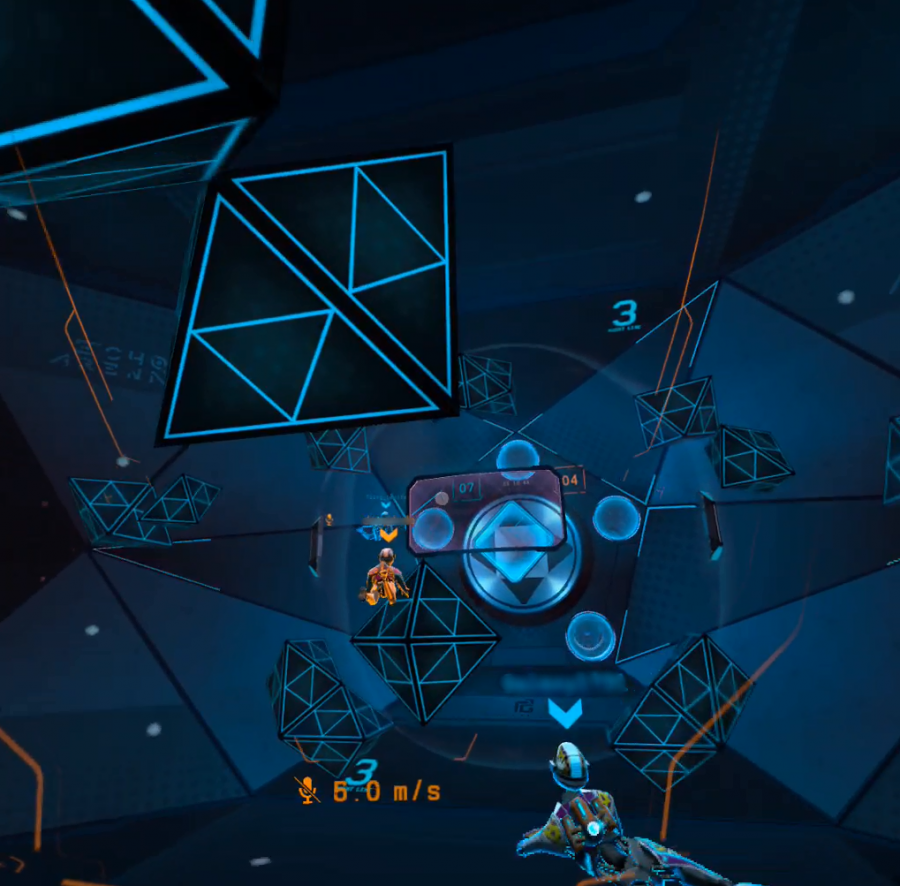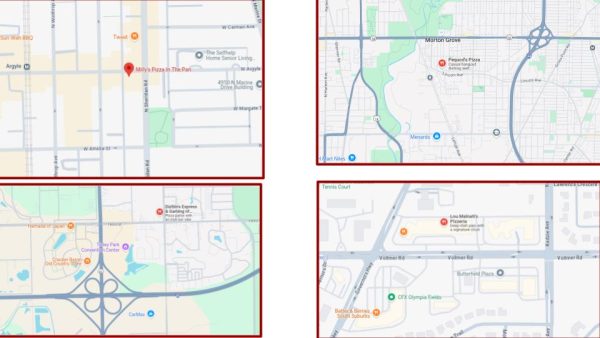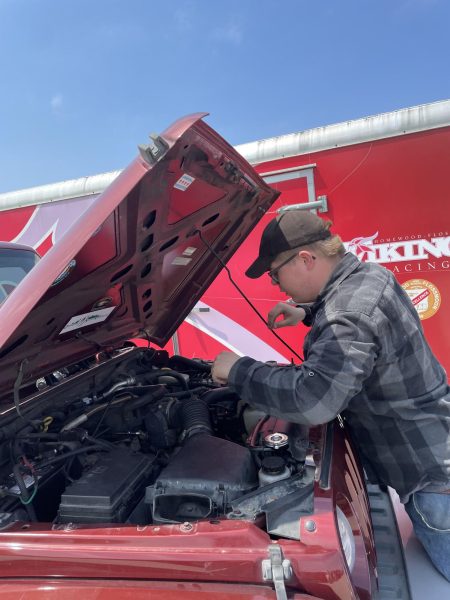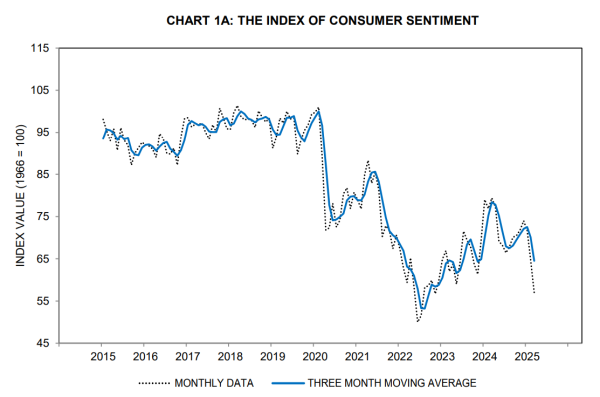Entering Echo Arena: Zero Gravity Soccer
Screenshot of Echo Arena. In this photo, players are rushing towards the disk. The blue players are trying to send it away and the orange players are trying to get it into the goal.
By Maleko Myers
Imagine you are flying around an arena. There are large geometric shapes suspended in the air, and you are pushing off them to gain speed as you rush towards a floating disk. You grab the disk and whip it into the goal, and a laser show starts with a loud voice saying “SCOOORRRRRRE!” This is but one of the things that is possible in the world of virtual reality.
Since quarantine started, finding uses for all this extra free time can be hard, but with virtual reality, people can get a whole other perspective when it comes to gaming casually and competitively, especially with the release of affordable virtual reality headsets like Facebook’s Oculus Quests and Oculus Rifts.
Echo arena is a virtual reality game created by Ready At Dawn on July 10 2017, for the Oculus Quest and Oculus Rift. It is a mixture of soccer and basketball taking place in a parallel and symmetrical arena with floating geometric shapes acting as obstacles. The environment is in zero gravity, and players need to use special boosters to move which they activate by pressing buttons on their controllers.
In a regular game, there are two sides, orange and blue. Players matchmake into games where they are put into teams of four on each side of the arena, where they race to the disk in the middle, and try to throw it into the other team’s goal. A long shot is any goal behind the three point line, and an inside shot or slam dunk is any shot in front of the three point line. After a team scores, the disk spawns at the opposite side of the arena relative to which team scored the goal, and a short intermission starts. The game goes on for five minutes, and whoever has the most points wins. But if the teams are tied, they go into overtime, and the first team who scores wins.
Since Echo Arena is a free game, a lot of people who have Oculus headsets have probably installed it. While the current overall player base numbers are unknown, the Virtual Reality Master League (VRML) website has a total of 2,941 players registered to active teams in the competitive Echo Arena tournaments.
According to VRML, the competitive Echo Arena competitions have been around since the same month of the launch, in July 2017. In VRML, the league is separated into three regions: EU, NA and Oceania/Asia. Anyone 13 and above can participate by either registering for a team in their region or creating one.
“I got into VRML from a lot of people talking about it and the friends I met in Echo Arena were talking about joining teams and creating teams, so I decided I would get into it and just try, and I’m glad I did,” said Echo Arena VRML team captain BellaJaguar.
Matches are generated every Monday, but it’s up to captains to schedule the time and day of the week for their games. Sometimes games can even be casted and streamed by VRML. On the day of a game, teams will meet up at the agreed time and join a private room. Then they will play two to three 10 minute rounds, and whichever team wins twice wins the game. And although the ranks of the teams are at stake, no one has hard feelings no matter who wins or loses.
“Playing competitively kinda gives like a rush,” BellaJaguar stated. “You get a feeling of nervousness, especially if you’re being casted, but also excited. You get to play with friends, have fun and when you win or lose, there’s like a sigh of relief because it’s over, but you get to talk with the other team afterwards and just socialize and it’s nice.”
While Echo Arena did have a sizable player base on the Oculus Rift, the beta for the Oculus Quest greatly increased this player base due to the fact that the Quest is a standalone headset and much easier to use in general, whereas the Rift requires a decently powerful laptop and a special USB-C cable. And with that growing player base, the community got so much larger as well.
To players, Echo Arena is “A whole community with people you will possibly see in public matches,” said Echo Arena VRML goalie PixelPatrick. “You’ll see friends and [go] versus them in VRML matches to see what they have come up with and what team they created to show the world their true potential.”






